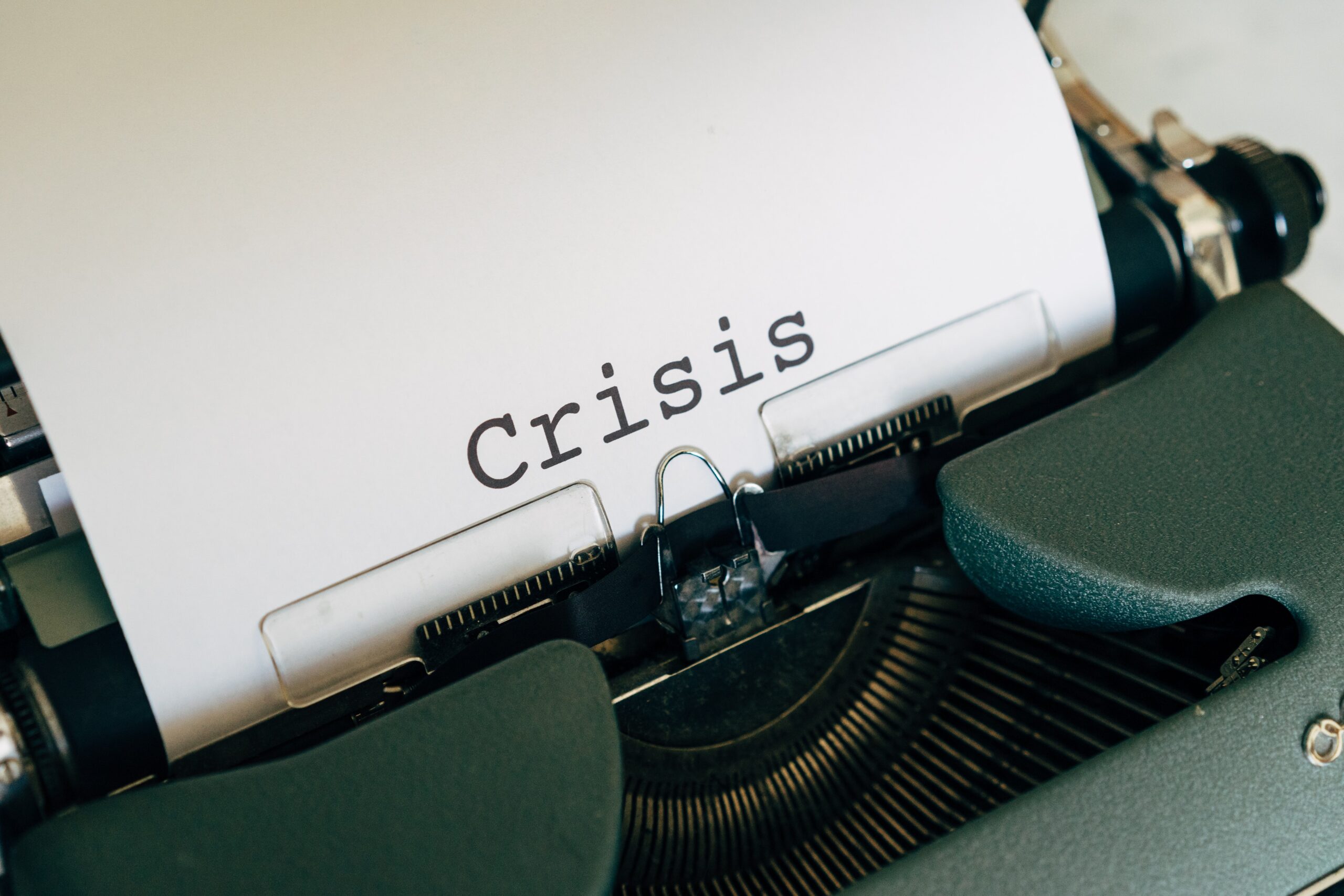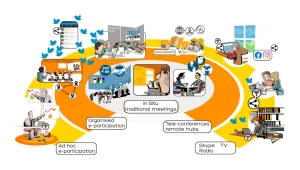Diplomatic Crisis Management. What is it?

In times of ongoing crises, diplomacy is increasingly used. Diplomatic contact is framed in terms of increasing threat, uncertainty, and urgency by recognizing a crisis scenario. In times of crisis, diplomats have multiple responsibilities, including communicating with stakeholders and the public with greater care, defusing the crisis and containing its effects, negotiating the terms of disengagement, and, when necessary, seizing opportunities for change or gain. There is currently a great deal of interest in expanding the role and reach of crisis managers and negotiators in the profession. Special crisis sections have been set up in foreign ministries and international organizations.
However, a significant conundrum that makes crisis diplomacy more difficult to pursue goes mostly unnoticed and undiscussed. It has to do with how its application involves not just crisis management but also crisis-making and sustaining.
It has been strongly argued that crisis diplomacy is distinct from crisis management and occasionally at odds with it. A range of policy objectives and diachronic difficulties faced by diplomatic players are glossed over by crisis management’s “overtones of technical reason and efficiency”.It’s possible that the crisis is simply being used by one or more stakeholders as a tool for coercive diplomacy or even as a pretext to escalate the situation to war. In that sense, Robert McNamara, the US Defense Secretary, said during the height of the Cuban Missile Crisis that “there is no longer such a thing as strategy, only crisis management.” This absolute maxim might only be applicable in the event of a nuclear war.
The diplomatic strategy has a significant role in every other type of crisis. The strategic pursuit of a variety of goals in and during crises can be referred to as crisis management. Take as an example when coronavirus was putting our globally interconnected civilization to the test. This covid19 pandemic had a particular impact on the field of diplomacy as meetings, conferences, and other significant events were postponed.
International cooperation was more than necessary in these times of distress. As a result of the need, diplomacy is now evolving. The World Bank and International Monetary Fund (IMF) will hold their meetings online for the first time. The UN, EU, and other organizations have switched from physical meeting locations to online ones, bringing about a significant shift in how diplomacy is carried out.
The quickening shift to online conferences and diplomacy has necessitated three significant adjustments:
- The stability and security offered by online platforms must be strengthened to provide for diplomacy;
- New online dynamics must be fitted to the social face-to-face dynamics;
- There are several centuries-old protocol conventions that need to be reviewed.
Emerging swiftly is a new “hybrid diplomacy” that combines conventional face-to-face discussions with planned online participation and ad-hoc online encounters.



Excellent read